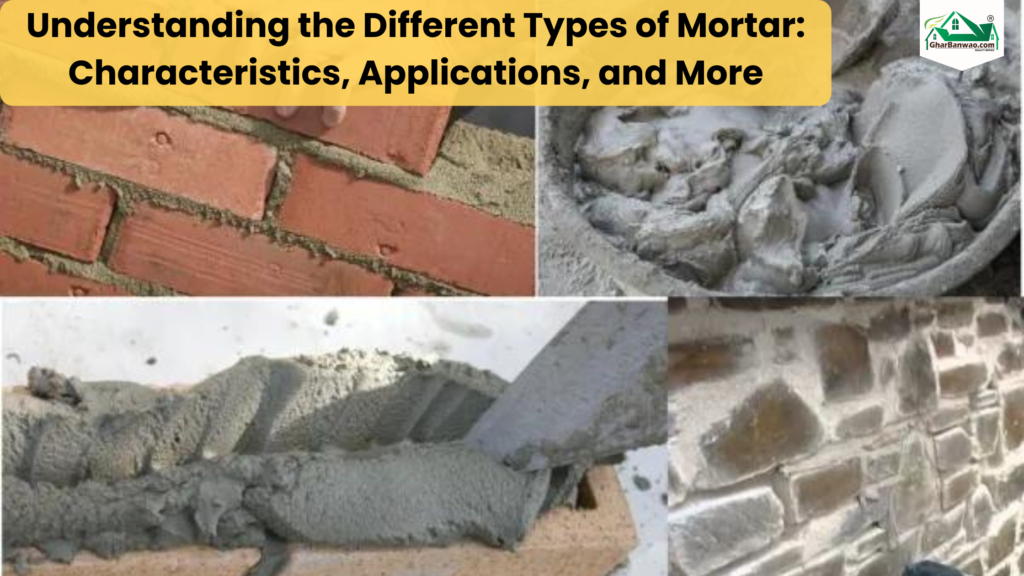Construction site safety rules and regulations:

Construction site safety rules and regulations:
The rules and regulations governing construction sites and construction workers are known as construction site safety rules and regulations. These regulations are sometimes referred to as building codes and occupational health and safety regulations. You can manage a construction site efficiently and safely with a guide to safety rules and regulations. It demonstrates the risks and hazards prevalent on-site and the safety measures necessary to prevent accidents.
These safety rules and regulations have been compiled to assist site supervisors, safety managers, inspectors, general supervisors, and others in making decisions about work practices and site operations.
Construction site safety:
There are generally several safety precautions to be followed before entering a construction site safety. Everyone working on a construction site must wear protective equipment according to the manufacturer’s specifications, such as hard hats, goggles, sturdy shoes, etc. No one should visit a construction site without a hard hat and knowledge of how to be safe there. Site equipment must be maintained in good condition and subject to routine inspections.
Workers on the construction site must be in good physical and mental condition. For example, if a person experiences vertigo, is afraid of heights, is ill, or has anxiety, they should not be allowed to work at elevated heights to avoid injury or death from a fall. Lifting objects correctly can prevent possible back injuries. Ask a teammate to help you move heavy objects using your feet instead of your hands if necessary.
Construction workers must also follow all safety guidelines when working with hazardous materials. These instructions vary depending on the type of material being handled but usually include wearing gloves, eye protection, a face shield, etc. All tools, machinery, and equipment that can produce sparks or cause an explosion must always be stored in a safe place.
All portable tools and equipment will be inspected by a competent person before use on-site. Also, always keep a close eye on your surroundings. Watch out for falling objects and other hazards that may lurk in the area. Make sure you stay hydrated. It is important to drink plenty of water to stay alert and comfortable while working. Proper ventilation and other environmental conditions must be maintained.
Safety rules and regulations:
Construction site safety is of utmost importance to workers and the general public. There are many safety rules and regulations to follow when working on a construction site, and below is a list of the most important ones.
- Maintain a safe and healthy workplace
- Control your exposure to health and environmental risks
- Keep the hazard and risk information you need to know in one place
- Develop and implement a site security plan
- Train and supervise your people properly
- Make sound decisions in the face of uncertain information
- Workers should never use power tools unless they are trained in their use
- When working at height, you should always wear a safety harness to prevent injury or death from a fall
- All hazardous areas should be barricaded around and visitors or employees should never enter them.
- When on-site you must work around machinery or hazardous areas, make sure construction workers can see you and are aware of you to avoid injury
- All employees must be aware of all environmental hazards and be trained in safe work practices
- All employees must understand and recognize the presence and/or effects of hazardous substances or materials
- All employees working on sites must complete an OSHA-approved safety training program that includes handling hazardous and/or toxic materials
- Conduct regular risk assessments to reduce or prevent the risk of serious occupational injuries
- The use of ladders must be supervised. In addition, the ladder should always project three feet above the landing on which it rests to allow workers easy access to and from the ladder without the risk of overbalancing. ; must have safety feet attached to ladder legs when in use. Most importantly, a ladder that is broken must be marked and removed from the job site.
- Scaffolding should be erected as recommended, with scaffold planks properly secured
- Electrical grounding on the construction site should be checked daily
- If the weather is wet, workers should use grounding circuit breakers to prevent electric shock
- When working in a confined space or underground, an escape route must be established before starting work
- Workers should arrange for a qualified person to test the air in confined spaces with a detector
- All personnel must be properly trained in the construction of underground facilities and in the use of all explosives, mechanical and electrical tools
- All employees working in close proximity to hazardous materials must receive approved eye/face protection training at the workplace
- The employee must also be trained in the safe handling of explosives and materials, emergency first aid, and hazardous materials awareness and training.
- Hazardous/toxic chemicals must be clearly labeled when handled or transported
- Safety precautions must always be followed when handling chemicals
- All persons and equipment handling hazardous and toxic chemicals must wear appropriate personal protective clothing as required by OSHA
Self-responsibility, in addition to all these safety measures and rules, is essential for construction site safety. Being a responsible worker and minimizing the damage they cause requires knowing the causes of accidents and the different types of hazards available in the construction industry.
Additional phases of the construction process are analyzed to determine the hazards associated with each phase. Based on these analyses, control measures were designed to prevent or minimize hazards. The most important hazard was the use of inappropriate tools or tools that are not suitable for the task being performed, followed by improper handling of tools, improper use of tools, insufficient supervision, insufficient safety training for workers, inappropriate project design, defective materials or construction techniques, poor planning and coordination of work, absence of a safety culture, lack of commitment from the employer, lack of proper safety equipment and absence of a proper safety plan.
The control measures proposed for these hazards were: proper selection of tools, training in the use of tools, use of proper techniques, proper use of tools, regular inspection, and verification of work, adequate supervision and management, adherence to safe operating procedures, compliance with construction and regulatory codes, adequate design, provision of appropriate tools, supervision, and management. Even these control measures can contribute to the prevention of accidents in the construction industry. Happy learning! Safety lessons!
Ghar Banwao is best Construction company in Lucknow , providing one stop Solution in Architect, Construction with Material,Interior designer.
Final Word



















